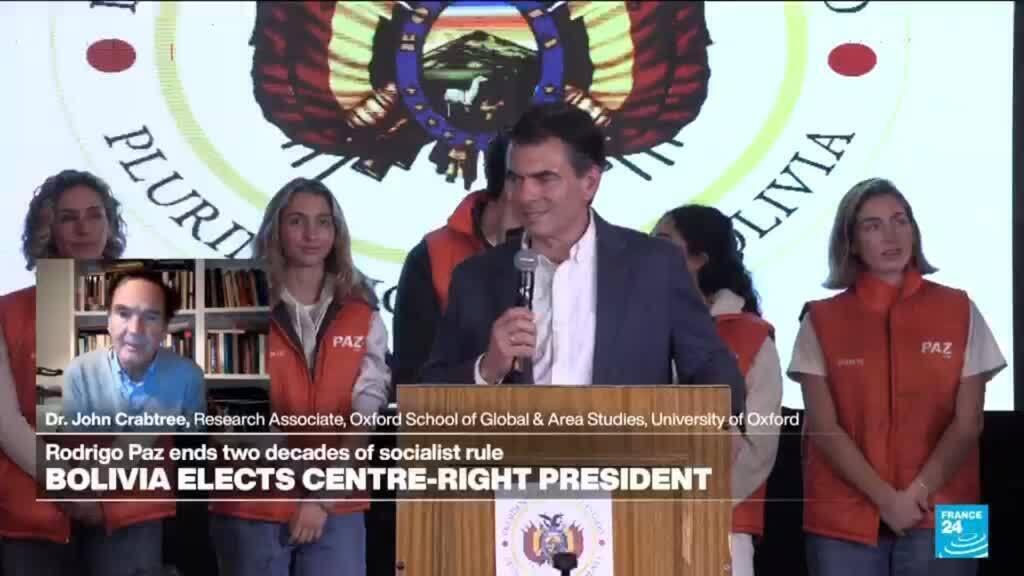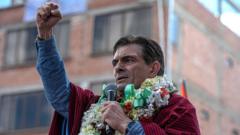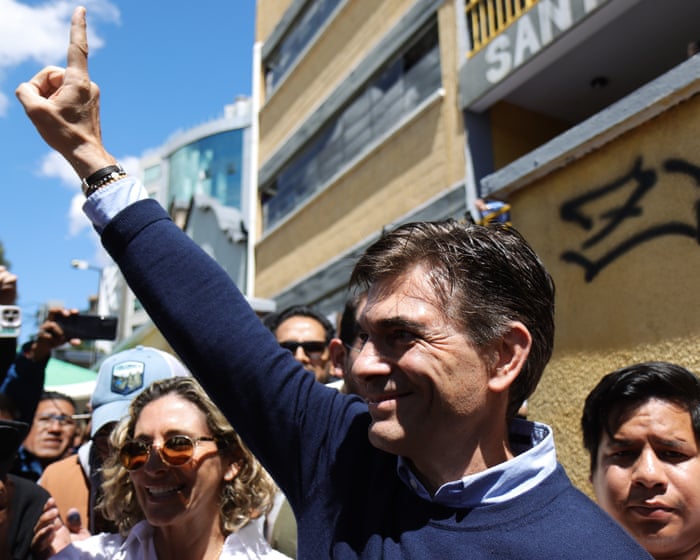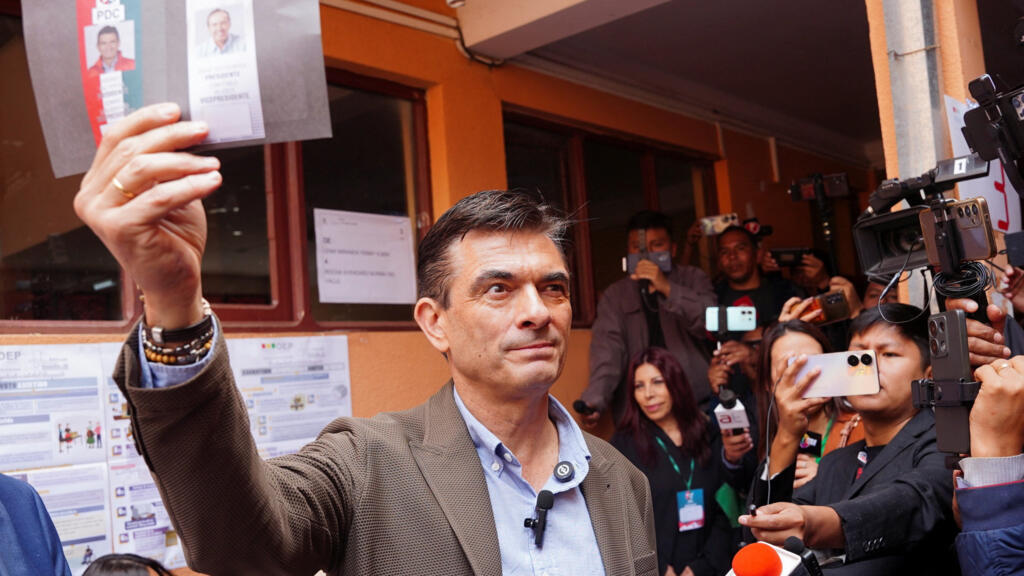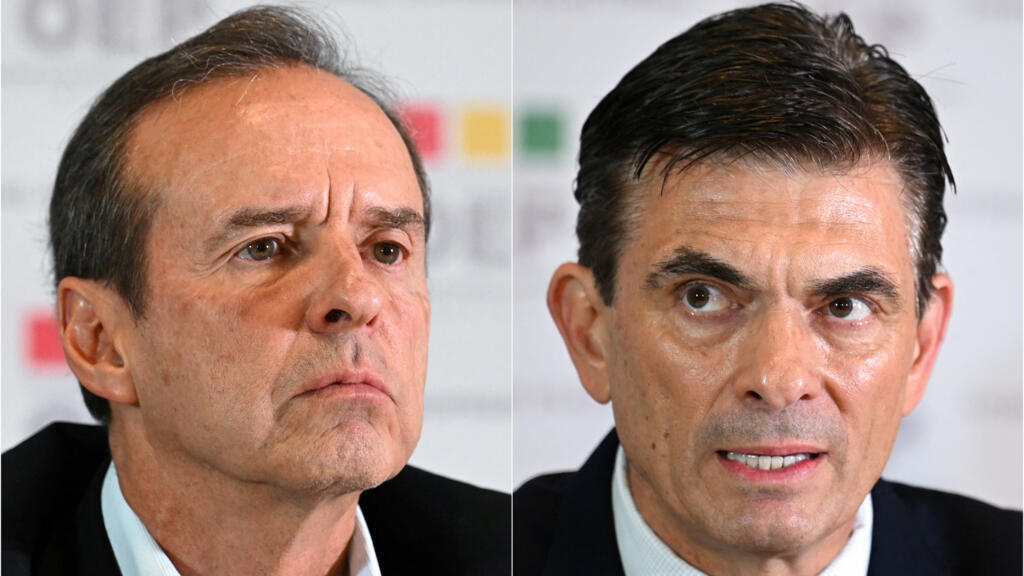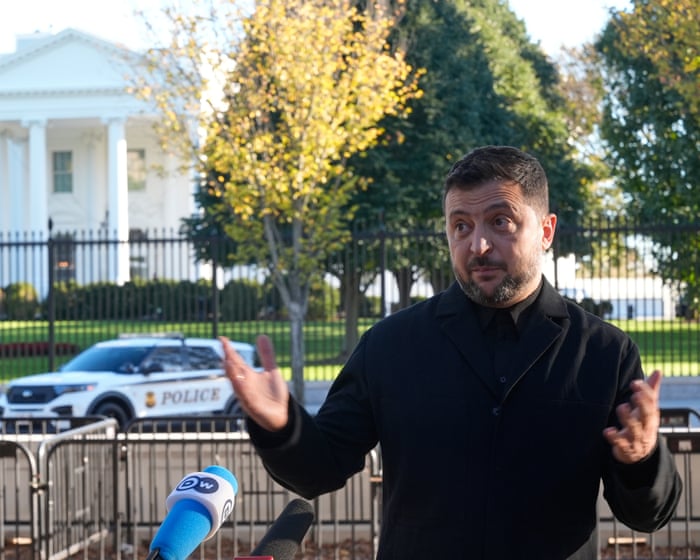Bolivia elects center-right president, ending two decades of socialism
PositiveWorld Affairs

Bolivia has elected Rodrigo Paz, a pro-business center-right senator, as its new president, marking a significant shift after two decades of socialist governance. With 54.6% of the vote, Paz's victory over former interim president Jorge 'Tuto' Quiroga signals a potential change in economic policy as the country grapples with a deep economic crisis. This election is crucial as it reflects the electorate's desire for new leadership and solutions to ongoing challenges.
— Curated by the World Pulse Now AI Editorial System
